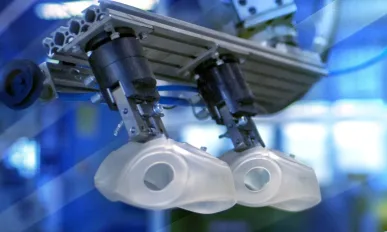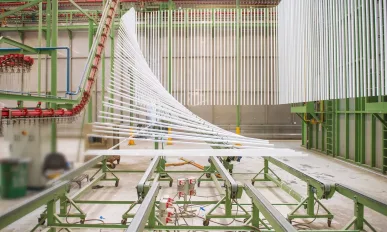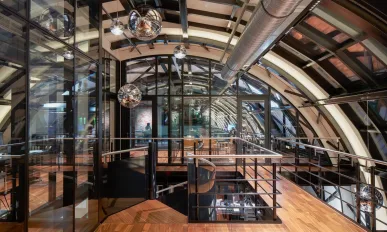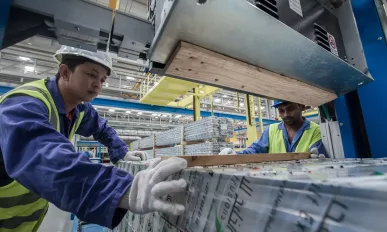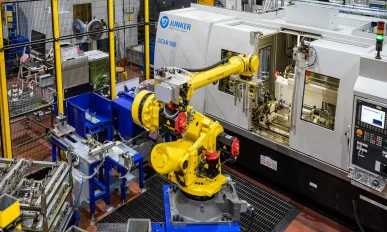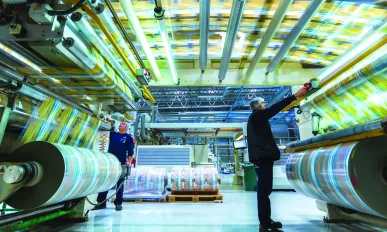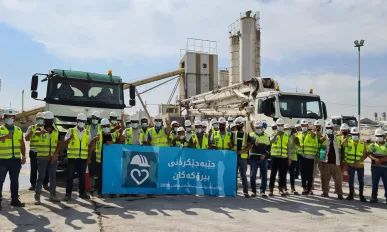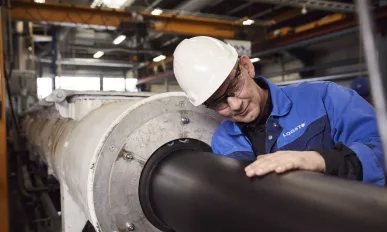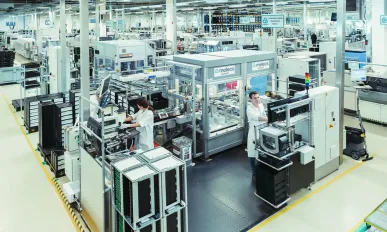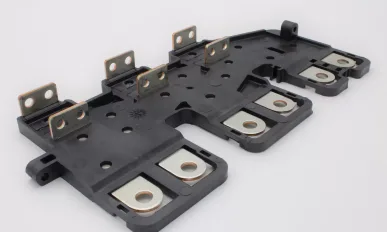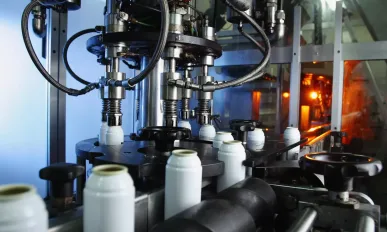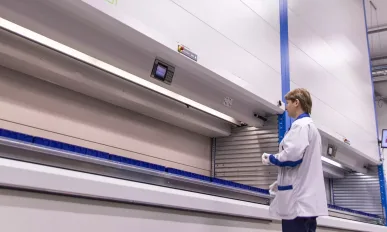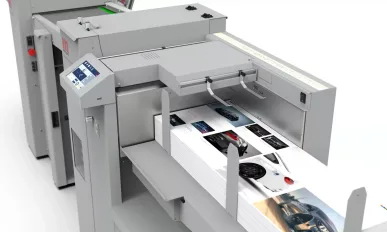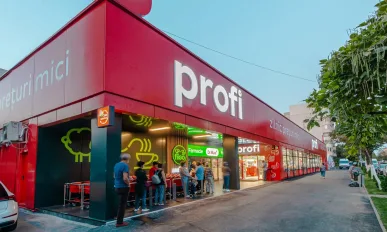Issue 39
Teknikum : Versatility and Durability
For over a century, Teknikum has been at the forefront of the rubber industry, manufacturing quality products with a commitment to sustainability.
Al Taiseer Aluminium Company : Advanced Aluminium Production
The Middle East’s metal industry is substantial, we spoke to Suliman Al Oufi, CEO of Al Taiseer Aluminium Company, about the latest in Saudi Arabian metal production.
Bateel International : Authentic Culinary Temptations
Ata Atmar, CEO at Bateel, discusses his organisation’s innovative approach in the Middle Eastern gourmet food market.
dpa lighting consultants : Light in Design
We spoke to Richard Bolt, Partner at dpa lighting consultants, about the company at the centre of the lighting design industry.
DSA Architects : Middle East Transformation
On the back of a disruptive 2020, Tim Goodall, Partner at DSA Architects, discusses the challenge of navigating today’s dynamic Middle Eastern market.
Global Technical Group : Advantage Through Experience
We spoke to Fadi Rida, Founder and Managing Partner of Global Technical Group, about Romania’s up-and-coming tech industry and his company’s position within it.
Gulf Extrusions : Aluminium Everywhere
Gulf Extrusions has enacted a number of projects which are delivering a competitive advantage to the benefit of its customers, from state-of-the-art die simulation to several environmentally beneficial initiatives.
Itema Group : Italian Industry Leaders
We spoke to Ugo Ghilardi, Principal CEO of Itema Group, about the textile machinery manufacturing industry, and how the company stays ahead of its competition amid the repercussions of COVID-19.
Korozo Group : Sustainability at the Fore
Filip Lens, CEO at Korozo Group, discusses the importance of harnessing a greener approach in day-to-day operations as well as in the product design.
Lafarge Iraq : Building a Brighter Future
Lafarge Iraq is driving diversification for both a more sustainable national economy and to improve the lives of local people.
LOGSTOR : Championing Environmental Change
As the inventor of the technology behind pre-insulated pipes, LOGSTOR’s inspired energy-efficient heating solutions are helping to turn the tide on climate change.
Melecs Group : Manufacturing Melecs
Bernhard Pulferer, CEO at Melecs Group, discusses the introduction of new technology to harness efficiency at his organisation.
Mista SpA : Italian Manufacturing Innovation
We spoke to Luigi Costa, CEO of Mista spa, about the opportunities and obstacles presented to the firm in the wake of the past year, and its goals set for 2021.
Moravia Cans : Setting the Standard
We take a dive into Moravia Cans and explore the role it plays as a key component in the Czech Republic’s manufacturing space.
Ouneva Group : Finland’s Dynamic Manufacturing Sector
Executives from Ouneva Group discuss the organisation’s transformation journey and its position in Finland’s manufacturing industry today.
Plockmatic : Sweden’s Manufacturing Drive
Jan Marstorp, CEO of Plockmatic International Group, discusses the evolution of manufacturing in Sweden.
Profi : Diversify and Thrive
Despite the challenges presented by COVID-19, Romanian retailer Profi continues to diversify and grow its business to the benefit of consumers.
Te & Kaffi : Passionate about Coffee
In a country that is crazy about coffee, we chat with Gudmundur Halldorsson, CEO at Te & Kaffi, to examine what drives his organisation forward.



